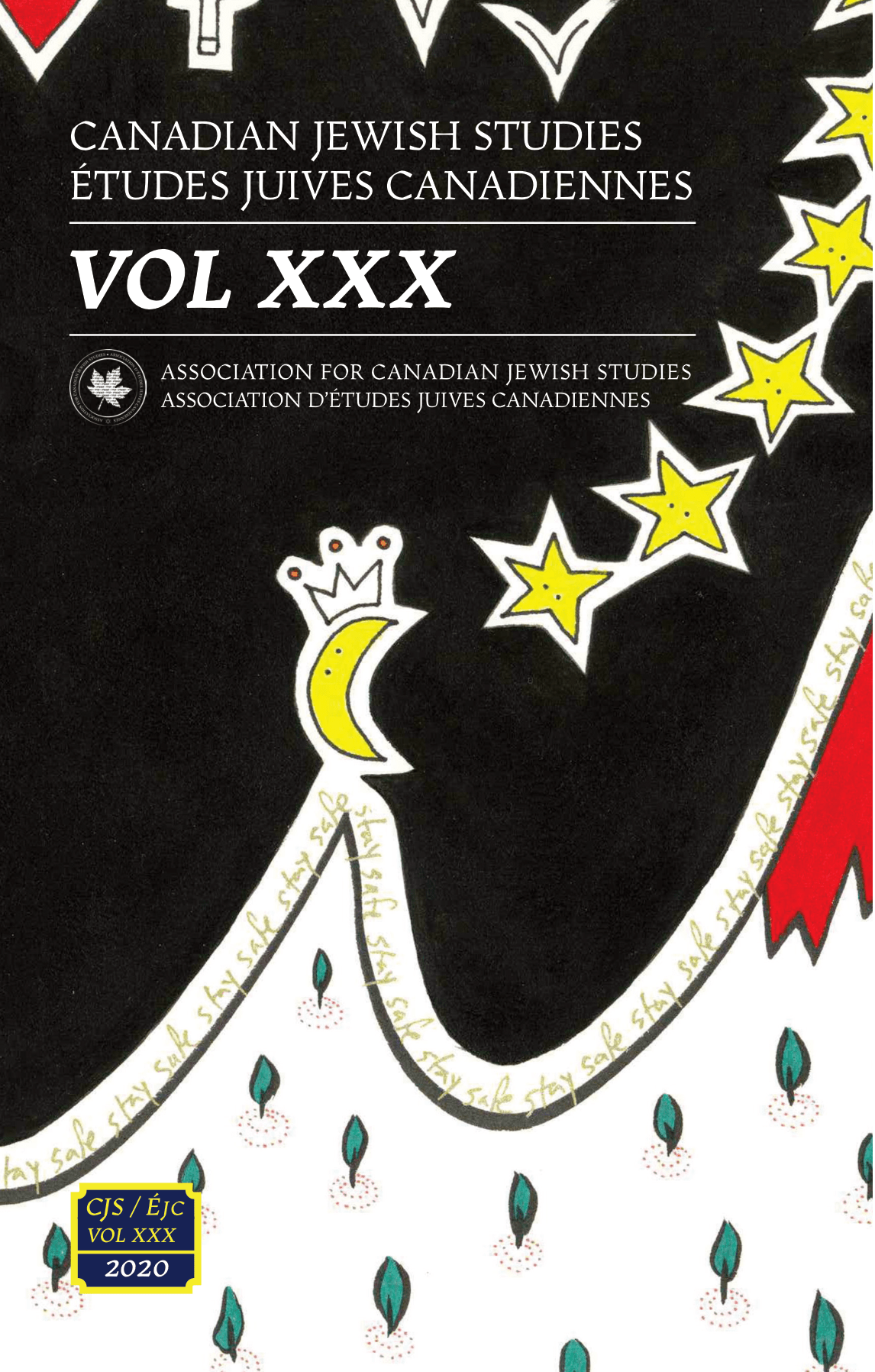Time Preference and Religious Affiliation in Canada: A Quantitative Analysis
DOI:
https://doi.org/10.25071/1916-0925.40187Keywords:
Comparative religion, Sociology of religion, Time preferenceAbstract
In this paper, the author studies the association between religious affiliation and investment income as a proxy for individual rates of time preference, defined as the propensity to sacrifice present satisfaction in the anticipation of increasing future satisfaction. Data from the 2001 Census of the Canadian population is used to look at how religious affiliation is associated with the proportion of income coming from investments (a proxy for past rates of time preference) for individuals of working age (15-64). Two models (OLS and logistic) are used in order to compare by religious affiliation the magnitude of the proportion of income attributable to investments and the propensity to invest. Although there are a few exceptions in terms of cross-regional heterogeneity, individuals of Jewish affiliation tend to receive more investment income (as a proportion of their income) than Protestants, who tend to receive more than Catholics. As for the propensity to obtain any investment income, the results are more nuanced although a similar pattern can be observed. The contribution of this paper is to quantitatively assess the association of religious affiliation with time preference through the use of an investment income variable, an endeavour which has not been undertaken so far and which complements the literature on the economic outcomes of religion and the sociological determinants of time preference.
Dans cet article, l’auteur étudie l’association entre l’affiliation religieuse et les revenus d’investissement comme une approximation des taux individuels de préférence temporelle, définie comme la propension à sacrifier la satisfaction présente dans l’attente d’une satisfaction future croissante. Des données du recensement de la population canadienne de 2001 sont examinées pour mesurer comment l’appartenance religieuse est associée à la proportion de revenus provenant d’investissements (une approximation des taux passés de préférence temporelle) pour les personnes en âge de travailler (15-64 ans). Deux modèles (MCO et logistique) sont utilisés afin de comparer par appartenance religieuse l’ampleur de la proportion de revenu attribuable aux investissements et la propension à investir. Bien qu’il y ait quelques exceptions en termes d’hétérogénéité interrégionale, les individus d’affiliation juive ont tendance à recevoir plus de revenus d’investissement (en proportion de leurs revenus) que les Protestants, qui ont tendance à recevoir plus que les Catholiques. En ce qui concerne la propension à obtenir des revenus d’investissement, les résultats sont plus nuancés, bien qu’un schéma similaire puisse être observé. La contribution de ce document est d’évaluer quantitativement l’association entre l’appartenance religieuse et la préférence temporelle en utilisant une variable de revenu d’investissement, un effort qui n’a pas été entrepris jusqu’à présent et qui complète la littérature sur les résultats économiques de la religion et les déterminants sociologiques de la préférence temporelle.
Downloads
Published
Versions
- 2020-11-24 (2)
- 2020-11-30 (1)
How to Cite
Issue
Section
License

This work is licensed under a Creative Commons Attribution-NonCommercial-NoDerivatives 4.0 International License.
Canadian Jewish Studies/ Études juives canadiennes is a journal dedicated to the open exchange of information; therefore the author agrees that the work published in the journal be made available to the public under a Creative Commons Attribution-Noncommercial-No Derivative Works 4.0 Unported License. The publisher (Association for Canadian Jewish Studies / Association d'études juives canadiennes) recognizes the author's intellectual property rights; authors retain copyright over their work. The author grants the publisher first serial publication rights and the non-exclusive right to mount, preserve, and distribute the intellectual property. The journal is digitized and published on the open access website http://pi.library.yorku.ca/ojs/index.php/cjs/index.







